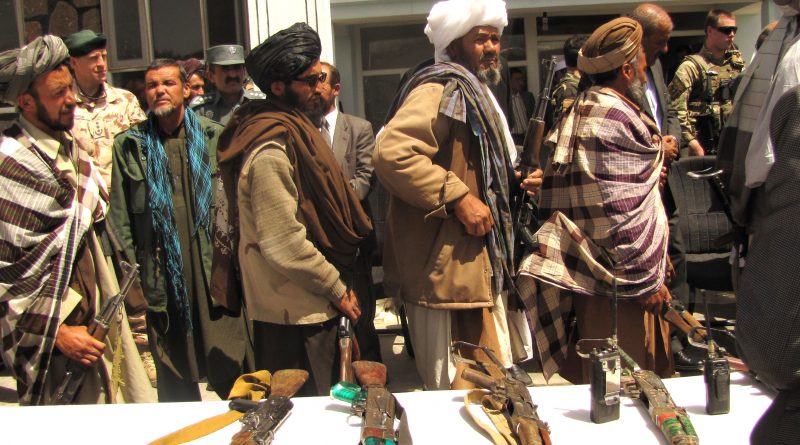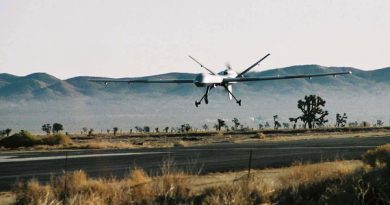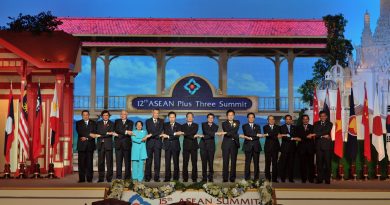FOCUS on Afghanistan: The Taliban
Chimdi Chukwukere
Staff Writer
On Tuesday, September 21, the Taliban requested to address world leaders at the United Nations General Assembly in New York and nominated Suhail Shaheen as Afghanistan’s UN ambassador, according to Reuters. This was one of many strategic efforts by the Taliban as it continues to woo world leaders in a bid for recognition as the official political authority in Afghanistan. Pakistan, Saudi Arabia, and the United Arab Emirates were the only countries that recognized the Taliban when it ruled Afghanistan from 1996 to 2001. However, the Taliban has yet to be formally recognized by any state. “Who will formally recognize the Taliban?” remains a lingering question as the UN credentials committee—which includes the United States, Russia, and China—considers the Taliban’s request to speak at the General Assembly.
Amidst a frantic exit from Kabul, the United States, European Union, United Kingdom and many other countries of the world have, at least for now, pushed against formal recognition of the new Afghanistan led by the Taliban, per an additional Reuters report. For most of these countries, recognizing the new regime is predicated on the Taliban’s ability to display a tangible change in behavior, especially towards its treatment of women and girls moving forwards. In addition to this, as Steven Erlander, chief diplomatic correspondent in Europe for The New York Times stated in his op-ed that “counterterrorism, a trove of natural resources, and humanitarian aid” are some of the factors that could determine future engagement in Afghanistan.
The U.S. and China are on opposite sides of the Taliban debate, as their tactics of securing national interests are different. While the U.S. will still maintain its liberal policies in engaging with state actors, China is likely to pursue immediate gains. Unlike the U.S., China has no permanent friends and no permanent enemies;—even if it extends a hand to the Taliban, it should not be necessarily interpreted as a gesture of recognition or an indication of an alliance.
While most experts predict that the U.S. will not recognize the Taliban regime anytime soon, the question of whether it will ever grant recognition can also be determined by the group’s behavior and the alliances it forms. While international recognition might make a difference for the regime in terms of diplomatic and economic activities, it does not limit the influence that the Taliban can use and in a world of the “modern state”—as described by Robert Pape in his work, why economic Sanctions don’t work—isolation of this kind is not as effective today.
The biggest challenge for the international community is whether the geopolitical interests of powerful countries would take center stage over seeking common ground to bring the Taliban regime to international humanitarian and political standards. As UN Secretary-General Antonio Guterres stated to Reuters in August as the Taliban took control of Afghanistan, “The Taliban’s desire for international recognition is the Security Council’s only leverage to press for inclusive government and respect for rights, particularly for women, in Afghanistan.”
The Taliban is still at a phase where both friends and foes are not fully informed of what approach to take or gains to collect. As reported on September 2 by the Telegraph, the United Kingdom’s foreign secretary Dominic Raab noted the UK government does not recognize the Taliban government but does see a need for direct engagement in establishing viable communications with the Taliban. It is evident that despite the reluctance to recognize the Taliban, “foes” still see a need to have open channels of communication.
It should be noted that under international law, as established by the Montevideo Convention of 1933, nothing prevents states from recognizing the Taliban as the official authority in Afghanistan. The criteria established in the Montevideo convention for statehood include that the State should possess a permanent population, defined territory, a government; and that the state has the capacity to enter into relations with other states.




